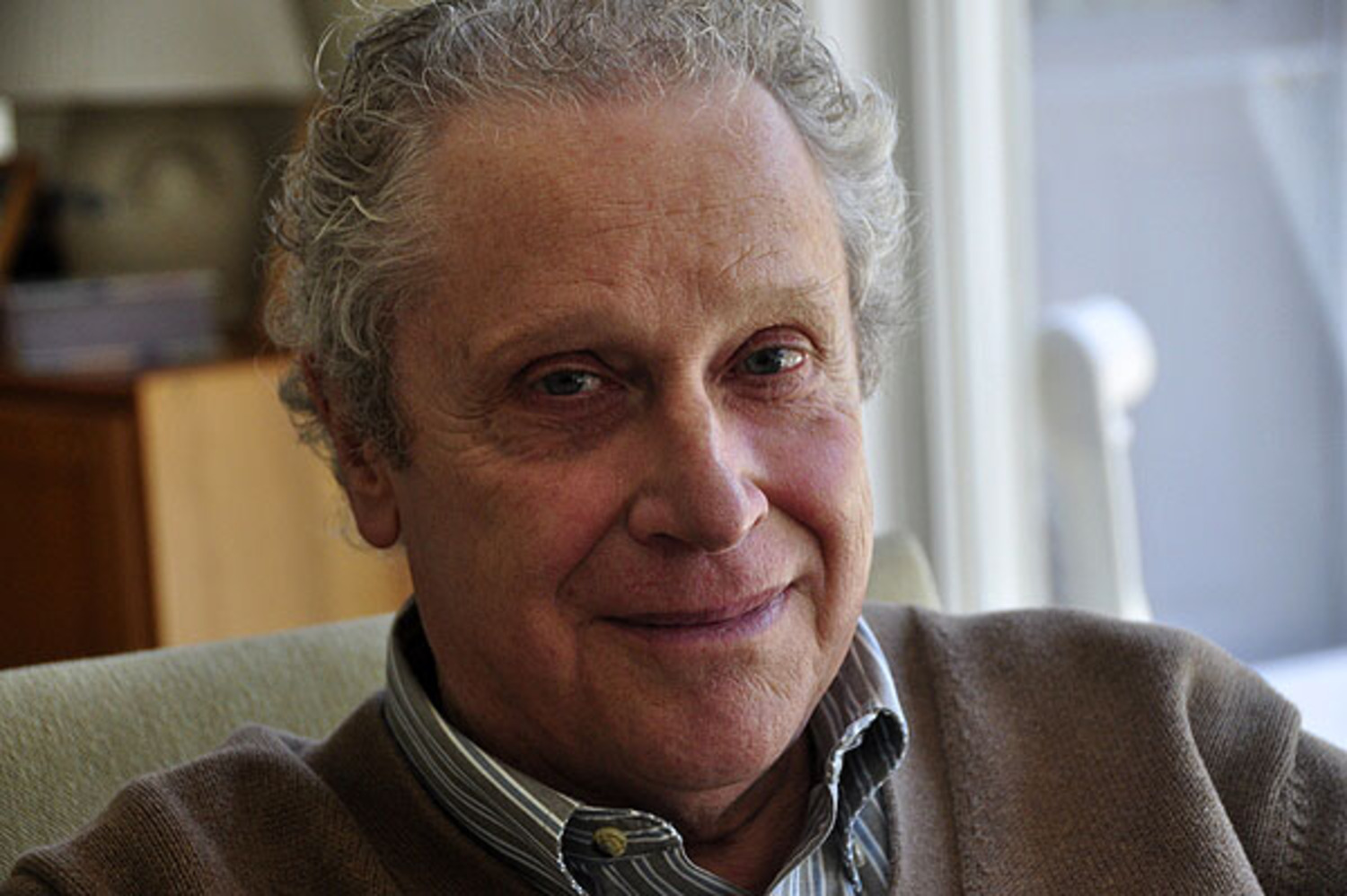
Professor and author Richard Gambino of Southampton died at home with his family by his side on January 12, after suffering with dementia and cancer. He was 84.
Gambino was born in Brooklyn, where he lived with his parents, grandparents and cousins for years before moving to East Rockaway. He spent his teenage years snorkeling at Montauk Point and visiting his cousin, who was caretaker of Governor Hugh Carey’s home on Shelter Island. A great lover of nature and the sea, he was an expert sailor and volunteer Coast Guardsman, in addition to having been a lifeguard at Jones Beach during high school.
He met his wife, Gail Cherne, in the late 1960s at the Ethical Culture Society, where he was a leader and teacher, and she sat on the board as an alumna of the Ethical Culture and Fieldston Schools. He had a daughter from a previous marriage, and raised Cherne’s daughter, author and artist Erica-Lynn Huberty of Bridgehampton.
He held a B.A. degree in philosophy from Queens College, an M.A. degree in philosophy with distinction from University of Illinois, and a Ph.D. from New York University, with his thesis “Mental Disorder and Criminal Responsibility,” which argued against the death penalty for people with disabilities.
Gambino was a full professor at Queens College, where he founded the first Italian American Studies program in the country (and which has a scholarship named for him). He was a distinguished visiting professor at Stony Brook University. He was the author of the New York Times bestselling non-fiction book “Blood of My Blood: The Dilemma of Italian Americans” (Doubleday, 1973). Still in print, it is used in university courses across the country. He is the author of “Vendetta: The True Story of the Largest Lynching in the United States” (Doubleday) which was made into an HBO movie starring Christopher Walkin, Edward Hermann and Bruce Davison in 1999.
Awards and honors include the National Bicentennial Medal presented by President Ford in 1976; Award for Distinguished Achievement in Arts and Letters, Casa Italiana, Columbia University, 1978; Key to the City of New York presented by Mayor Ed Koch, 1986; Leonardo Da Vinci Award presented by Mayor Ed Koch, 1988; Key to the City of Boston, presented by Mayor Keven Lane, 1984; State of Rhode Island Award for Educational Contributions, presented by Governor Bruce Sundlun, 1994.
He was appointed by President Ford to the U.S. Bicentennial Commission, serving with James Michner, Alex Haley, and Joan Ganz Cooney (among others). He was a juror for the National Endowment for the Humanities, Washington, D.C., from 1971-1980; was appointed by Governor Mario Cuomo to the New York State Council for the Humanities; served on the Board of Freedom House think tank, and hosted a Sunday morning NBC weekly television program interviewing celebrity Italian Americans of all walks of life (guests included Lee Iacocca, Mario Cuomo, Alberto Innuratto, Martin Scorsese, Robert DeNiro, and Jerry Della Femina).
In later years, he partnered with his wife to form Peconic Theatre Company in Quogue. Gambino wrote two plays produced by the theater company, “The Trial of Pope Pius XII” and “Camerado” about the life and poetry of Walt Whitman. “Camerado” ran at the Westhampton Beach Performing Arts Center, starring Hampton Theatre Company veteran (and former Southampton Press Arts Editor) Andrew Botsford as Walt Whitman in 1998. In the early-mid 2000s, Gambino wrote a regular column for The Sag Harbor Express titled “On Nature.”
He is survived by his wife Gail Gambino of Southampton; his adopted daughter, Erica-Lynn Huberty of Bridgehampton (husband Alexander Huberty); his daughter, Doria Gambino of New Jersey; a stepdaughter, Lisa Beatty (sister of Erica-Lynn) of London; and grandchildren Liam and Beatrix Huberty of Bridgehampton.